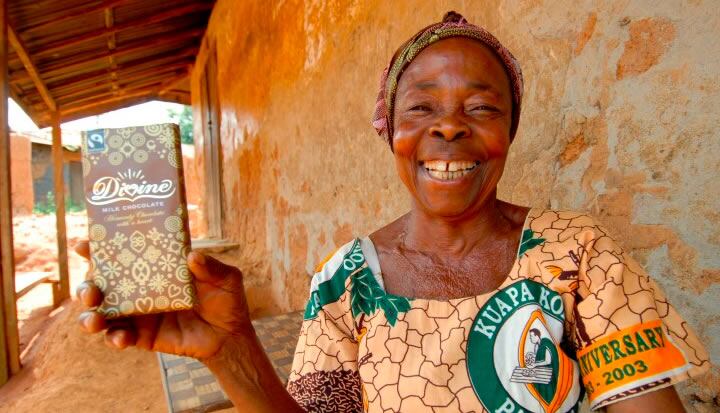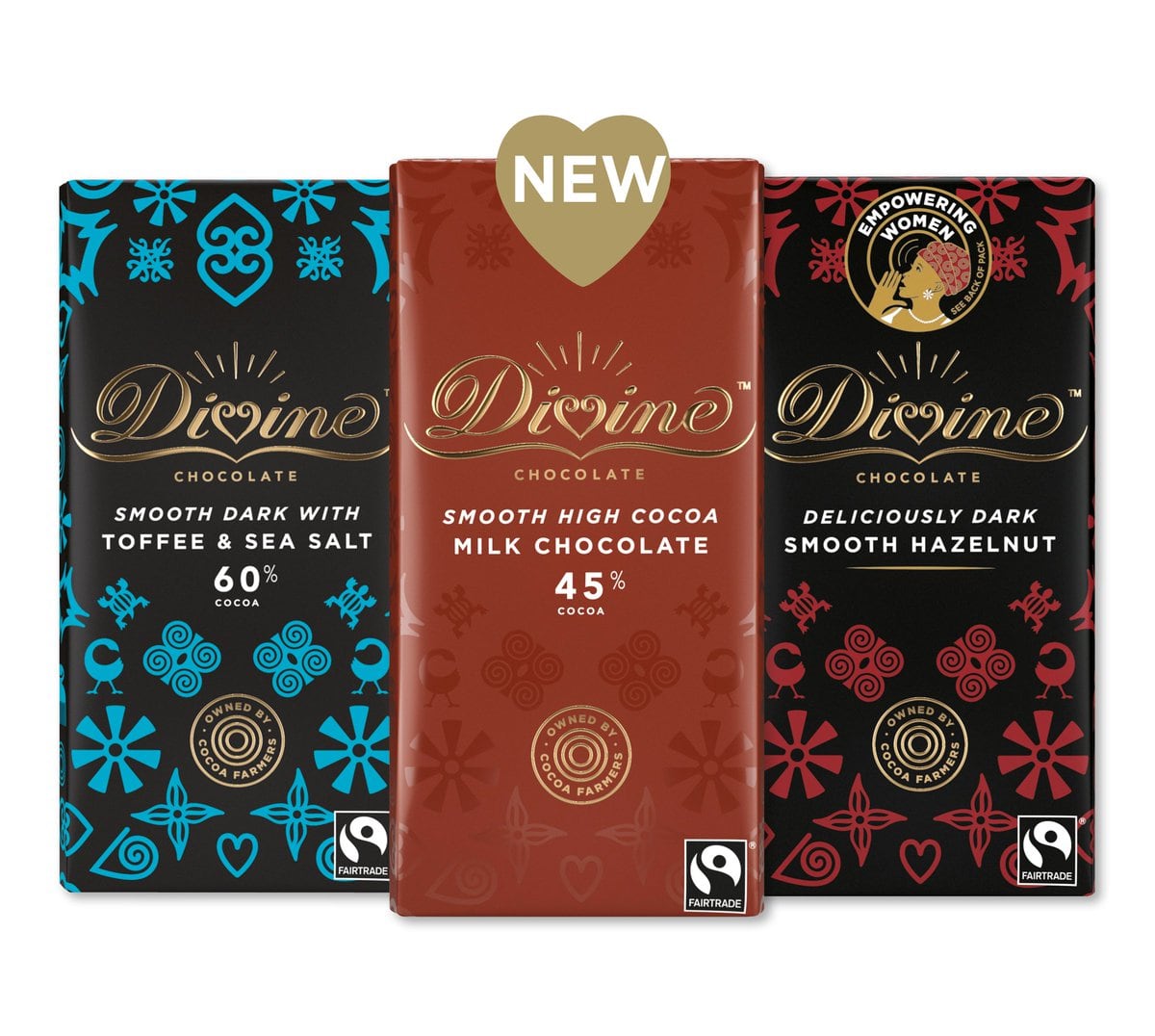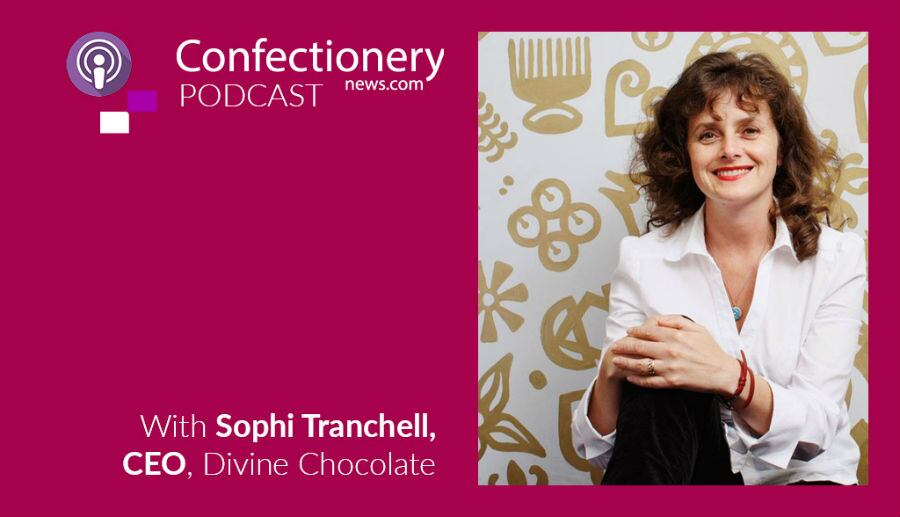Divine Chocolate, the Fairtrade chocolate company that has championed women farmers for over 20 years, has released a new Impact Report that details its latest programmes and collaboration with farmers across Africa.
The report details the high rates of women’s engagement achieved, as well as new initiatives including the innovative Forest-Friendly Cocoa programme in Sierra Leone.
"If we are to succeed in any of our sustainability goals – including preserving cocoa, and our cherished treat chocolate, which provides a livelihood for millions across West Africa – then we need to take women’s contributions seriously. And we need to empower women to act upon the values of empathy, compassion, and conscientious collective action in a strong way," said Dr Kristy Leissle, author of ‘Cocoa’ (Polity) and co-founder, Cocoapreneurship Institute of Ghana.
Divine said it was determined early on to focus on the importance of literacy and numeracy to ensure women could benefit equally from their labour and to establish formalisation of women’s land rights.
“Women play a vital and important role in world food farming and production and yet rarely benefit equally from their labour and skill - addressing this inequality is no. 5 of the 17 UN Sustainable Development Goals," Sophi
"Divine has worked for over 20 years to help ensure women cocoa farmers get equal access to inputs, training, finance and land, and our key learnings over that time are in line with other major research programmes conducted since. This Impact Report for 2018-19 shows how gender equality is at the heart of all the farmer-led sustainability programmes we support.”
The ethically sourced brand established on Fairtrade principles has a policy of working specifically with the farmers in Ghana who have a stake in the company and are focused on women gaining equal access to inputs, finance, training and land.
From the outset, 2% of Divine’s annual turnover has been invested in programmes prioritised by farmers and the report identifies five key areas; Gender Justice, Sustainable Agriculture, Labour Rights, Strong Organisations, and Learning & Leading, that are focused on the future sustainability of farming communities in Ghana, São Tomé, Sierra Leone and Malawi, where the funds have been invested.
Divine said the programmes were developed and implemented on the ground in each country by the company's agricultural specialists Dr Felicity Butler and Lydia Dance in partnership with the farmers, and with support on some iniatives from relevant NGOs.
Coronavirus
Regarding the current coronavirus pandemic, Tranchell said Divine is in regular contact with all the farmers it works with in Ghana, Sao Tome, Sierra Leone and Malawi and has been getting updates regarding the situation with COVID19.
"We know the farmers of Kuapa Kokoo in Ghana are now back at work following a period of lockdown - and in all cases farmers are following strict protocols regarding social distance and sanitisation," she said.



